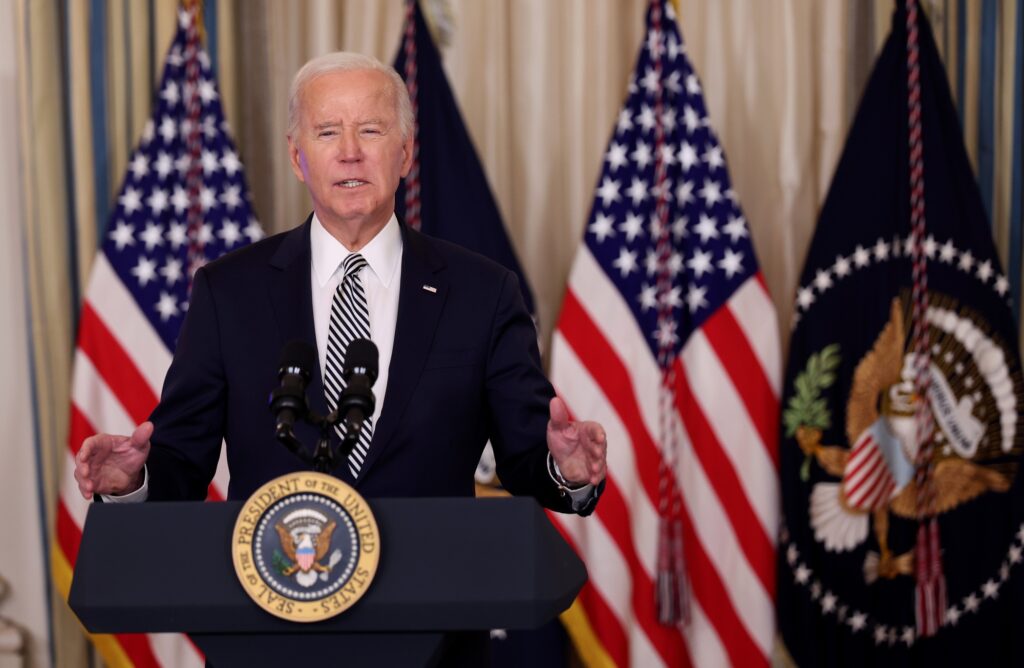A federal judge in Louisiana named Judge James Cain has temporarily stopped the Department of Energy’s (DOE) pause on natural gas export permits, which is a major legal setback for the Biden administration’s climate policy. This decision was made in response to a challenge from sixteen states, the majority of which had Republican attorneys general, claiming that the pause would negatively affect their economies.
Legal Context and Decision
The states requested a stay, and Judge Cain—appointed by the former president Trump—granted it, stating that the DOE had not given enough reason to halt approvals while it examined the permitting procedure. He cited earlier cases in which modifications to applications were permitted to be made while they were being reviewed. The judge also agreed with the states on issues pertaining to employment prospects, national security, state finances, and environmental effects allegedly associated with a greater reliance on foreign energy sources.
Effect on Biden’s Climate Initiative
President Biden’s attempts to support climate action are expected to suffer a major setback following the decision to overturn the pause on LNG export permits. Despite passing legislation like the Inflation Reduction Act that enacted significant investments related to climate change, critics contend that the administration has not gone far enough. The permits were put on hold in order to reconsider the environmental effects of exporting fossil fuels and to better align with global climate goals.
Stakeholder Reaction
An important player in the legal challenge, West Virginia Attorney General Patrick Morrisey, celebrated the ruling as a win for the nation’s energy sector and the jobs it creates. He underlined that the DOE cannot impose such prohibitions without the consent of Congress.
A spokesman for the Energy Department, however, disagreed with the court’s ruling and said the agency is considering its options. The White House has not yet addressed the decision.
Future Consequences and Upcoming Actions
The result of this legal dispute may have long-term effects on the Biden administration’s energy strategy as well as the larger environment of executive authority and environmental regulations pertaining to mitigating climate change. Amid legal challenges, the administration may choose to pursue appeals or look for other ways to accomplish its climate goals.
The legal case is expected to garner ongoing attention from policymakers, environmental activists, and industry stakeholders, thereby influencing the conversation surrounding energy policy and climate resilience in the United States.
To sum up, Judge Cain’s ruling to overturn the Biden administration’s suspension of LNG export licenses highlights the difficulties and legal entanglements associated with attempting to strike a balance between business concerns and environmental concerns. The ongoing discussion underscores the critical role that judicial interpretation plays in forming the regulatory framework of the country and reflects broader tensions within U.S. policy-making regarding energy independence and climate change.
The extent of executive authority in environmental policy will probably be the subject of more discussions and developments in the upcoming months, which will affect how the world views American leadership on climate change on a domestic and international level.
